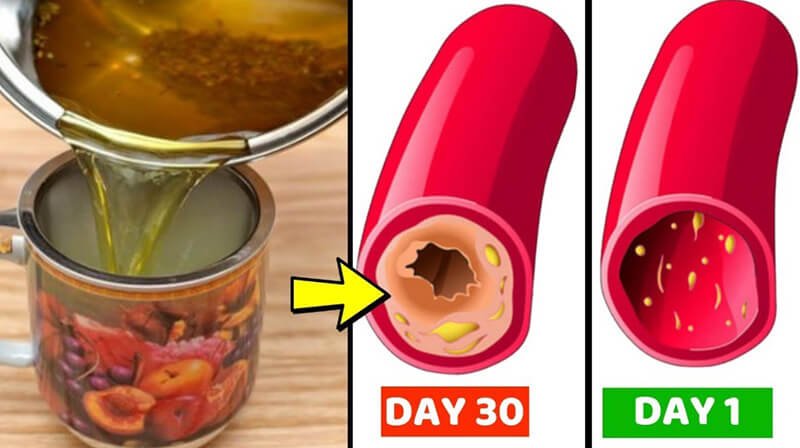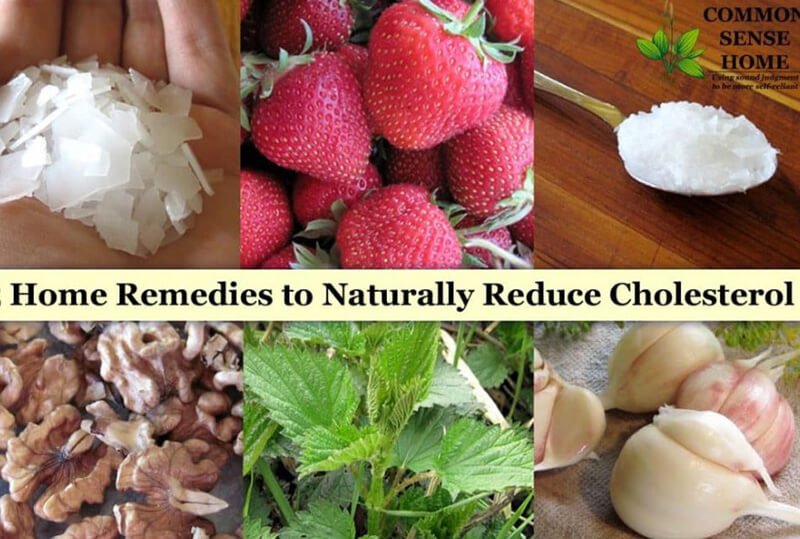Apple cider vinegar is a favorite home remedy. Individuals have used it for centuries in medicine and cooking.
A lot of men and women claim it can alleviate a broad assortment of health ailments, but you can wonder what the study says.
Apple cider vinegar contains various healthy properties, such as antimicrobial and antioxidant effects. Moreover, evidence indicates it might offer health benefits, like helping weight reduction, lowering cholesterol, lowering blood glucose levels, and enhancing the signs of diabetes.
Yet, little research is, and additional studies are required before it could be recommended as an alternate treatment.

How apple cider vinegar reduced Cholesterol?
High cholesterol and cholesterol levels may increase an individual’s risk of heart attack and stroke. Additionally, a high total cholesterol level increases the possibility of heart issues.
Some evidence indicates that taking apple cider vinegar can help lower both entire cholesterol and triglycerides.
12-week research investigated the ramifications of taking apple cider vinegar in people on a low-carb diet. The researchers found that participants who obtained apple cider vinegar not just lost more fat than people who had a placebo but also had lower triglycerides and cholesterol.
The men and women who took apple cider vinegar also had substantially raised levels of high-density lipoprotein (HDL) cholesterol. Doctors sometimes refer to HDL cholesterol because”good cholesterol” because it helps lower the chance of heart issues.
Can you reduce Cholesterol with Apple Cider Vinegar?
Prescription medications like Lipitor have unwanted effects and very low cholesterol diets can be hard to stay with. Apple Cider Vinegar, on the other hand, does not have any unwanted side effects and is simple to administer. Pectin is in the two apples and apple cider vinegar and LDL (the bad cholesterol) attaches itself to the pectin, and it can be a fiber, and the cholesterol has been removed. Apple Cider Vinegar may be used to reduce cholesterol if it’s the consequence of a bad diet or genetic predisposition.
Adding Apple Cider Vinegar Into Your Diet to Lower Cholesterol
Measure 1
Drink 2 tbsp of Apple Cider Vinegar or earn a tonic to drink because you would any other drink. A couple of tablespoons of apple cider vinegar could be put together with a tbsp of honey, mixed well, and topped with spring water, sparkling water, lemonade, or some other juice. In May 2005 the Japanese Society of Nutrition and Food Science decided that two-three tablespoons every day will make the most of the cholesterol-lowering benefits.
Measure 2
Apple Cider Vinegar may be utilized in cooking as you’d use any other vinegar. The flavor is different but generally slight as a substitute for white vinegar. It’s possible to make salad dressings, marinades, and sauces. Apple cider vinegar is amazing as a meat tenderizer, to raise fluffiness of rice, and also to prevent pasta from sticking. Apple cider vinegar can also be utilized as a salt substitute as steaming vegetables or fish. It’s possible, obviously, to use apple cider vinegar for pickling, after the most frequent applications for almost any vinegar.
Measure 3
If you merely don’t enjoy the flavor of apple cider vinegar it is possible to choose it as a nutritional supplement and reap the advantages. The best benefits are going to be from the liquid kind which hasn’t been pasteurized, and if you’re likely to take apple cider vinegar in a pill form make certain to purchase one from a respectable manufacturer to make sure to integrity and efficacy of the lipoic acid and pectin that will be the cholesterol-lowering chemicals.
Other foods to reduce Cholesterol
1. Oats.
A simple first step to reducing your cholesterol is using a bowl of oatmeal or a cold oat-based cereal such as Cheerios for breakfast. It provides you 1 to 2 g of soluble fiber. Add a banana or a few berries for one more half-gram. Present nutrition guidelines recommend getting 20 to 35 g of fiber every day, together with at least 5 to 10 g coming from soluble fiber. (The average American gets about half the sum )
2. Barley and other whole grains.
Like oats and oat bran, barley and other whole grains can reduce the chance of cardiovascular disease, mainly through the soluble fiber that they provide.
3. Beans.
Beans are particularly full of soluble fiber. They also have some time for your body to digest, meaning you feel good for longer after a meal. That is 1 reason beans are helpful food for individuals attempting to shed weight. With all these options from kidney and navy beans into lentils, garbanzos, black-eyed peas, and outside so many techniques to prepare the legumes are a really versatile food.
4. Eggplant and okra.
Both of these low-calorie vegetables are great sources of soluble fiber.
5. Nuts.
A bushel of research demonstrates that eating walnuts, almonds, peanuts, and other nuts is also very good for the center. Eating 2 oz of nuts every day may slightly lower LDL, on the purchase of 5%. Nuts have added nutrients that protect the heart in different ways.
6. Citrus oils.
Utilizing liquid vegetable oils like canola, sunflower, safflower, along with many others instead of butter, lard, or shortening when cooking or at the table helps reduce LDL.
7. Apples, grapes, strawberries, citrus fruits.
These fruits are full of pectin, a sort of soluble fiber which lowers LDL.
8. Foods fortified with sterols and stanols.
Sterols and stanols extracted from crops gum up the human body’s ability to absorb cholesterol in food. Organizations are adding them ranging from margarine and granola bars to orange juice and chocolate. They are also available as nutritional supplements. Obtaining 2 g of plant sterols or stanols every day may reduce LDL cholesterol by about 10%.

9. Soy.
Eating soybeans and foods made from them, such as tofu and soy milk, was touted as a potent approach to reduce cholesterol. Analyses demonstrate that the result is much more modest consuming 25 grams of soy protein per day (10 oz of tofu or 2 1/2 cups of soy milk) can reduce LDL by 5% to 6 percent.
10. Fatty fish.
Eating fish a couple of times each week can reduce LDL in 2 ways: by substituting meat, that contains LDL-boosting saturated fats, also by providing LDL-lowering omega-3 fats. Omega-3s decrease triglycerides in the blood and protect the heart by helping stop the onset of abnormal heart rhythms.
11. Fiber supplements.
Nutritional supplements supply the least attractive means to acquire fiber. Two teaspoons per day of psyllium, which can be found in Metamucil and other bulk-forming laxatives, provide about 4 g of fiber.
Takeaway
Apple cider vinegar is a low-calorie means to add taste to foods. Though some tiny studies and case reports indicate that apple cider vinegar might have lots of potential health attributes, a lot more large-scale research is required to confirm these benefits.
Folks shouldn’t use apple cider vinegar to substitute medical treatments a physician recommends. They should always speak with a health care professional before utilizing the vinegar to treat virtually any illness.
Apple cider vinegar is secure every time someone uses it in tiny quantities as a food flavoring or dressing. But, apple cider vinegar is acidic. Employing the vinegar can damage teeth, irritate the eyes and throat, also causes burns on the skin.










